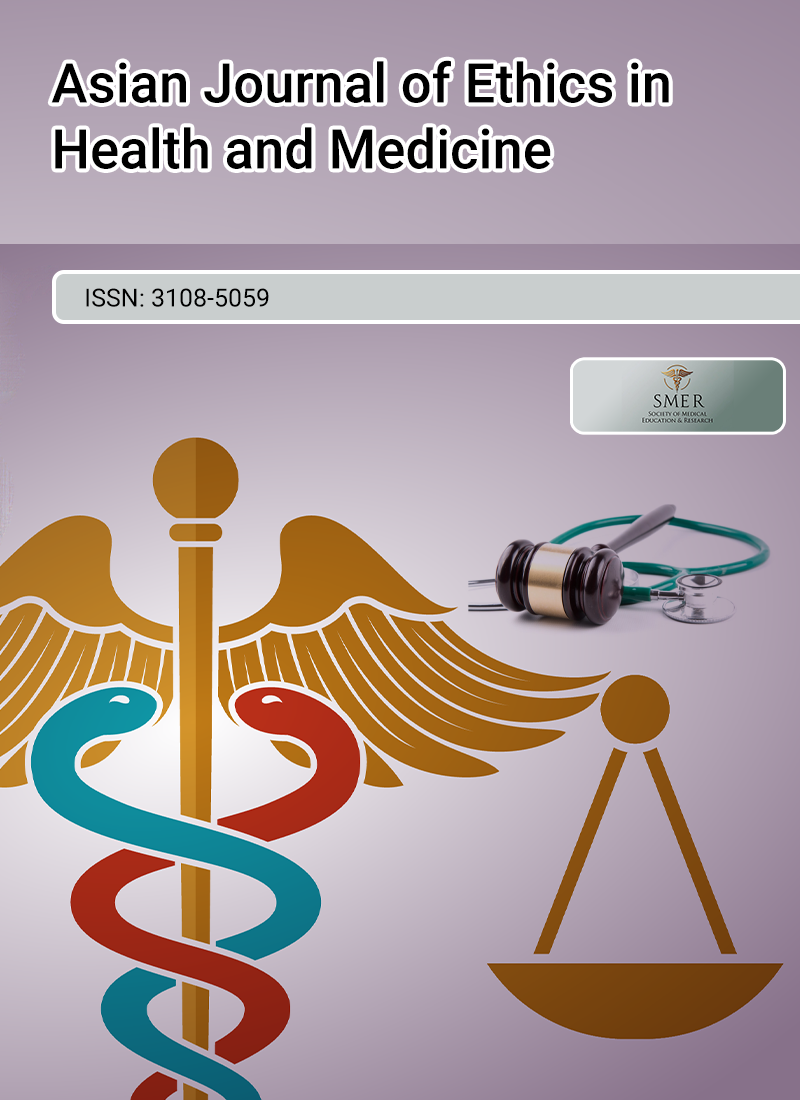
Healthcare providers (HCPs), hospital administrators, patients, and caregivers worldwide increasingly face complex moral, social, cultural, ethical, and legal challenges during clinical care. In high-income countries (HICs), both formal and informal clinical ethics support services (CESSs) are often employed to mediate bioethical conflicts involving HCPs, patients, and their families. However, in many African nations, including Uganda, there is limited information on the approaches used to address these dilemmas and on the experiences and perceptions of the stakeholders involved. This phenomenological qualitative study gathered data through in-depth interviews (IDIs) and focus group discussions (FGDs) with purposively selected staff, patients, and caregivers at the Uganda Cancer Institute (UCI). Analysis was conducted using both deductive and inductive approaches, which generated themes and sub-themes that informed the development of a comprehensive codebook. Findings indicated that UCI lacks a formal mechanism or committee specifically tasked with resolving ethical dilemmas. Ethical issues were instead managed through six main forums: individual consultations, tumor board meetings, morbidity and mortality meetings (MMMs), core management meetings, rewards and sanctions committee meetings, and clinical departmental meetings. Participants expressed concerns about the effectiveness of these forums, citing their broader non-ethics-focused agendas and the absence of members with formal training or sufficient experience in medical ethics. At UCI, ethical dilemmas are addressed implicitly through existing structures rather than through specialized ethics guidance. Participants strongly advocated for the establishment of a multidisciplinary clinical ethics committee staffed by individuals with formal training, skills, and experience in medical and clinical ethics to more effectively navigate ethical challenges.